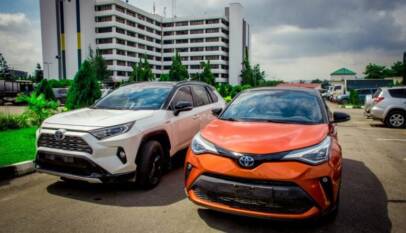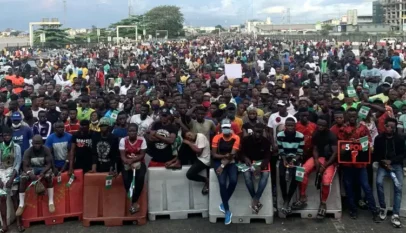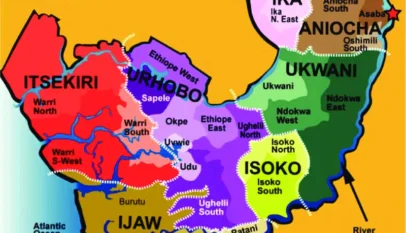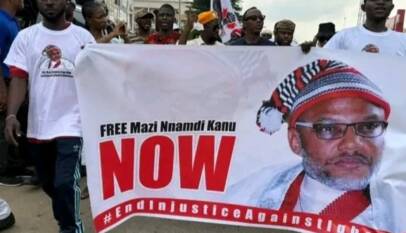The Presidential Fiscal Policy and Tax Reforms Committee has clarified that the proposed 5% fuel surcharge under Nigeria’s new tax laws will not apply to several household energy products.
In a Frequently Asked Questions (FAQs) statement posted on Saturday via X (formerly Twitter), Committee Chairman Taiwo Oyedele explained that the surcharge will not cover household kerosene, cooking gas (LPG), compressed natural gas (CNG), or clean and renewable energy products.
The clarification comes amid rising public concern that the surcharge could worsen Nigeria’s cost-of-living crisis.
“No. Several energy products used by households are exempt. This includes household kerosene, cooking gas (LPG), and compressed natural gas (CNG). Clean and renewable energy products are also excluded to align with Nigeria’s energy transition agenda,” the committee stated.
The committee emphasized that the 5% fuel surcharge will not take effect automatically with the new tax laws in January 2026.
“It will only commence when the Minister of Finance issues an order published in the Official Gazette, as outlined in Chapter 7 of the Nigeria Tax Act, 2025. This safeguard ensures proper timing and consideration of economic conditions,” the statement said.
While the removal of fuel subsidies frees up funds for infrastructure, the committee noted that these savings alone are insufficient to meet Nigeria’s significant and recurring infrastructure demands, especially for road development and maintenance.
They also stressed that the surcharge aligns with the administration’s tax reduction goals, pointing out that several levies—such as VAT on fuel, excise duties on telecoms, and the cybersecurity levy—have already been removed or suspended.
The committee clarified that the surcharge was created as a dedicated fund for road infrastructure and cannot simply be abolished.
“If implemented effectively, it will lead to safer travel conditions, reduced travel time and costs, and lower vehicle maintenance and logistics expenses—all of which benefit the wider economy,” the committee explained.
They added that this approach is standard practice globally, with over 150 countries imposing fuel-related charges ranging from 20% to 80% to support road infrastructure investments..






























